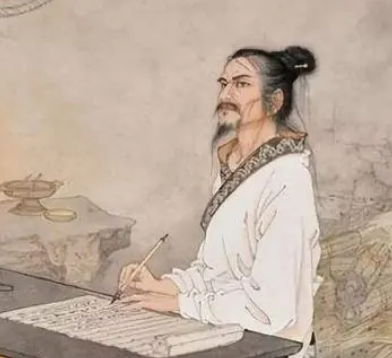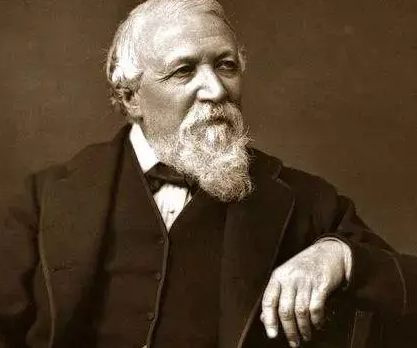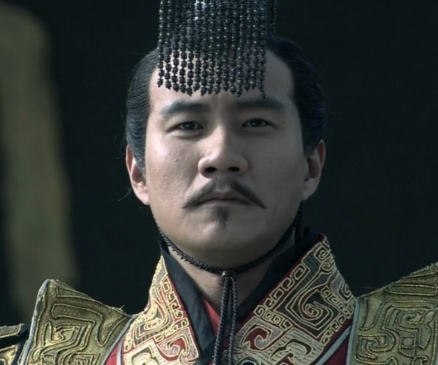In the long history of the Three Kingdoms period, Zhong Hui's rebellion undoubtedly stands out as a noteworthy event. As an important general in the late stage of the Wei dynasty, Zhong Hui's rebellion was not just about his personal fate, but also had a profound impact on the political landscape of the entire country. However, historians hold differing views on whether Zhong Hui's rebellion had a chance of succeeding. Through a deep analysis of relevant historical materials, we can assess this historical event more objectively.

Firstly, we need to understand the background of Zhong Hui's rebellion. During the Three Kingdoms period, the Wei, Shu, and Wu competed for power and wars were frequent. Zhong Hui, as a prominent general of the Wei dynasty, had established himself through numerous battles. However, as the Sima Zhao family gradually took control of the Wei dynasty, Zhong Hui felt his position was threatened. Against this backdrop, he chose to rebel, attempting to seize power through force.
From a military perspective, Zhong Hui had certain advantages. He commanded a elite force and possessed rich combat experience. Additionally, he had established good relationships with other generals, providing support for his actions. However, military strength is not the sole determinant of success.
In terms of the political environment, the timing of Zhong Hui's rebellion was not entirely ripe. At that time, the Sima Zhao family had already secured the main political power of the Wei dynasty, with extensive and entrenched influence. Under such circumstances, Zhong Hui faced immense difficulties in attempting to successfully usurp the throne. Furthermore, his rebellion did not receive widespread support. Many ministers and generals took a wait-and-see approach or even opposed his actions, which was a significant factor leading to his ultimate failure.
From a strategic perspective, Zhong Hui also made certain mistakes during his rebellion. He failed to formulate a thorough plan before taking action, resulting in a loss of control of the situation. Additionally, he hesitated at critical moments, missing the best opportunities. These factors affected the likelihood of his rebellion succeeding.
Taking into account the above analysis, although Zhong Hui had certain advantages in military strength, from the perspective of the political environment and strategic planning, his chances of successfully rebelling were not high. This also reminds us that in complex historical processes, the power of individuals is often unable to change the overall situation. Only when conditions are ripe in various aspects is it possible to achieve one's goals.
Disclaimer: The above content is sourced from the internet and the copyright belongs to the original author. If there is any infringement of your original copyright, please inform us and we will delete the relevant content as soon as possible.





























